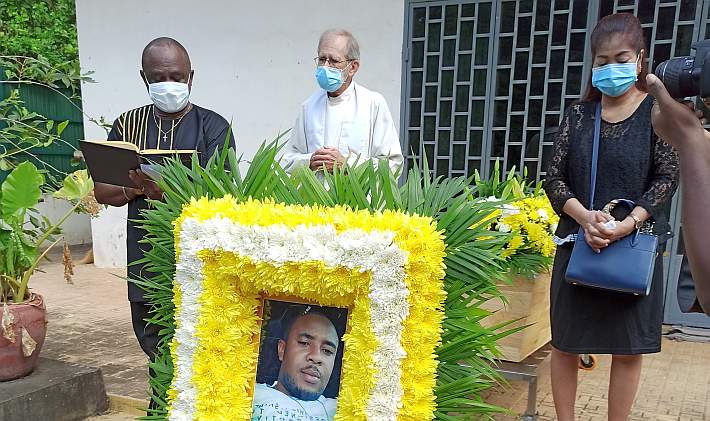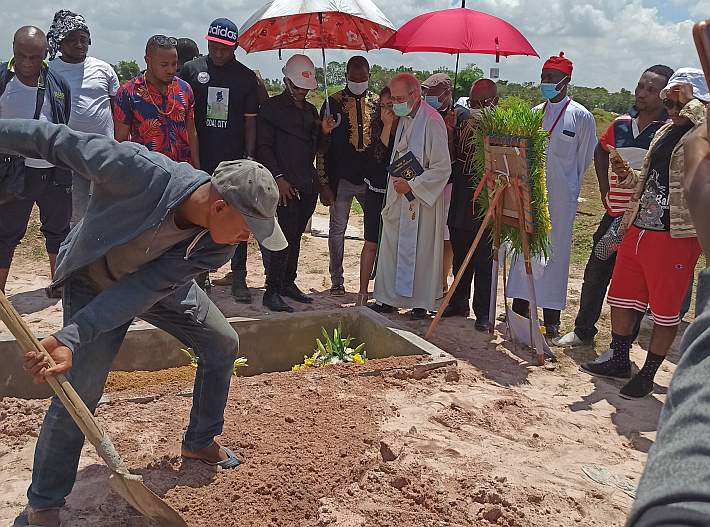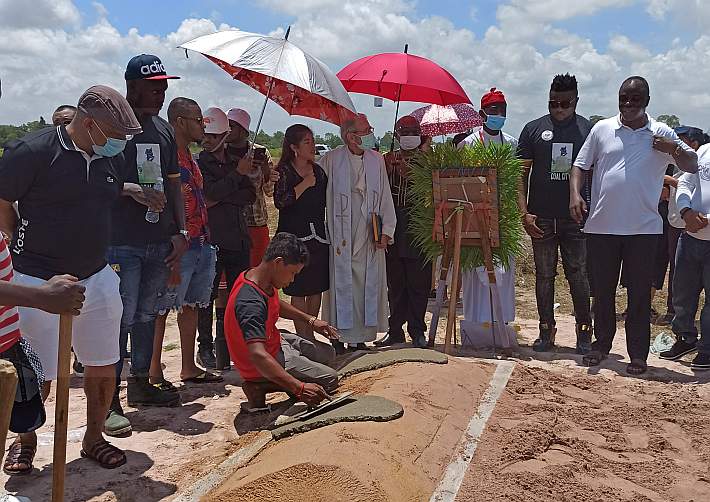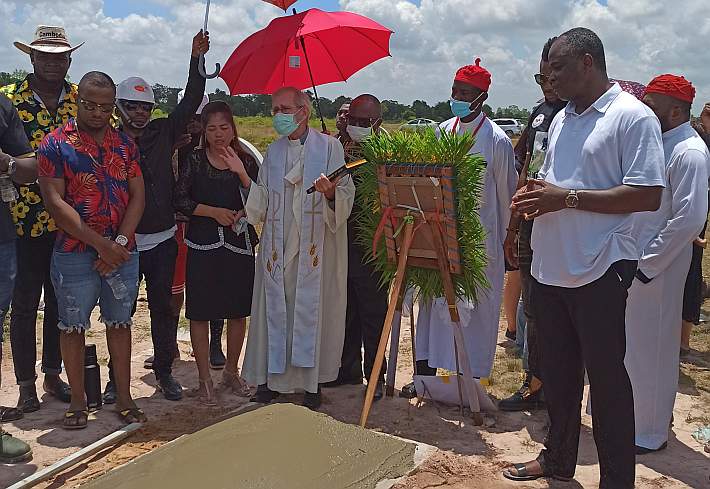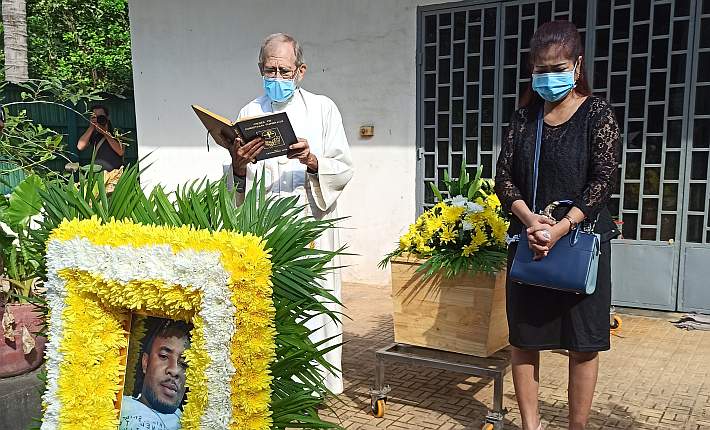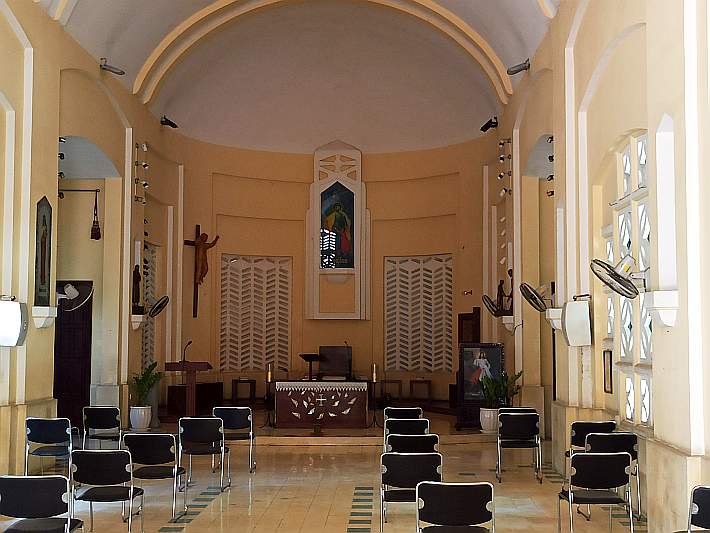
On July 31st, we had a graduation ceremony for four young deaf women who finished training as seamstresses in a program sponsored by the Center for Global Impact. Click here for pictures from the graduation.
Charlie Dittmeier's Home Page

On July 31st, we had a graduation ceremony for four young deaf women who finished training as seamstresses in a program sponsored by the Center for Global Impact. Click here for pictures from the graduation.
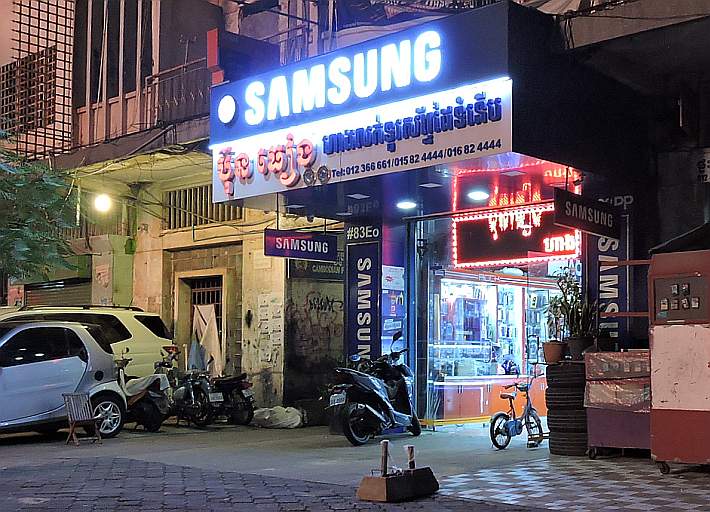
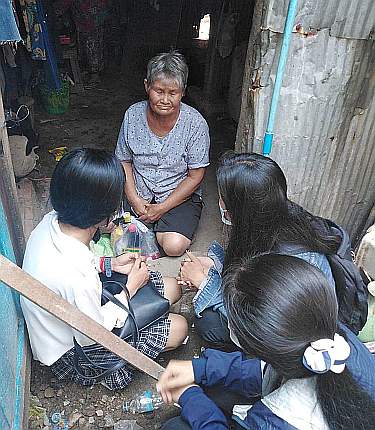
Fr. Bob Wynne started a program in Anlong Knang, a resettlement area outside of Phnom Penh, for the elderly men and women who live there with no families and no support systems. His program gives hot meals to the elderly twice a week plus staples for other days, and there is a core of young volunteers who visit the elderly on weekends to clean the house, wash their clothes, help with problems, take them to the local clinic if they are ill–and most of all just show them love and respect. The interesting thing is that all of the youth volunteers are Buddhist!
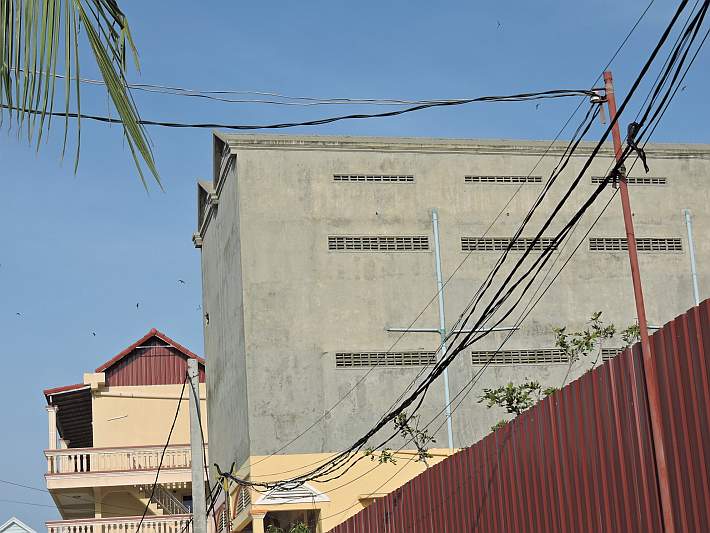
It’s not uncommon to see buildings like the one above dotting the Cambodian landscape….
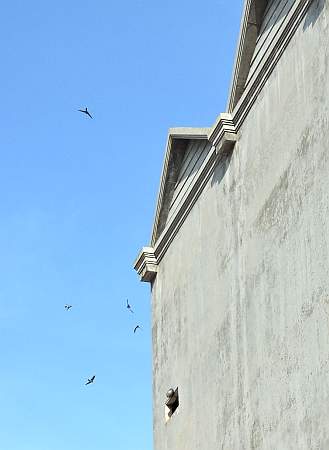
They are distinctive for two things: first while they may have some vents, like the one above, they have no windows. And second, they have an opening like the one on the left end of the building (right photo) and birds are flying in and out.
You have heard of birdnest soup. This is where they get the birdnests. The birds nest in these rooms and create nests held together with their saliva, and then later the nests are harvested and soaked and made into soup.
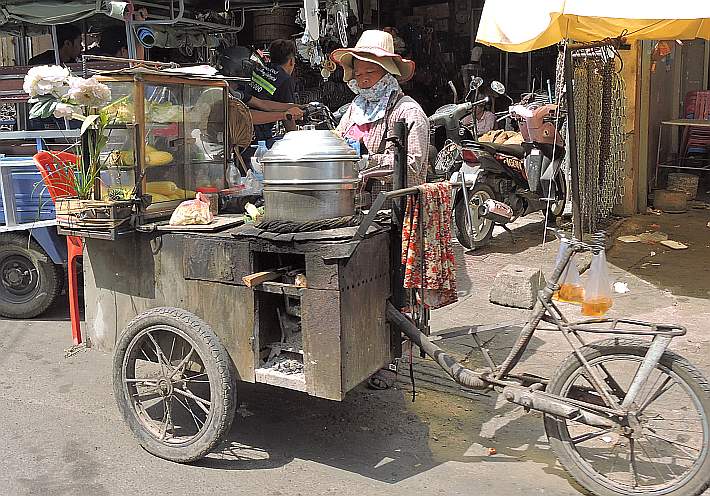
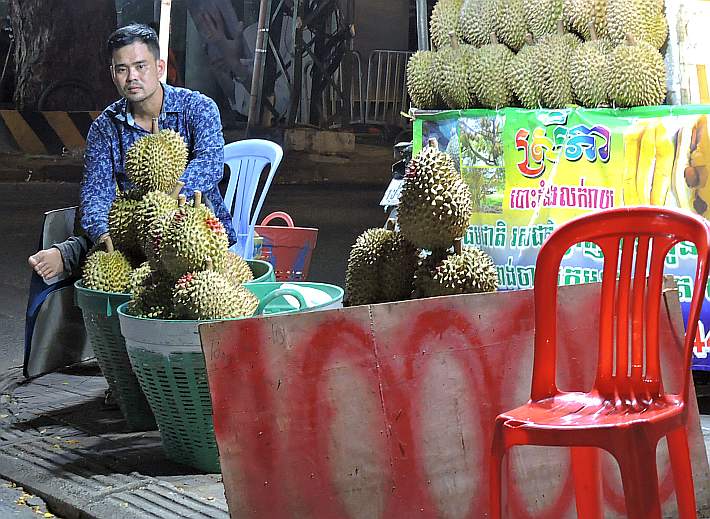
I usually try to post some more substantial content on Sundays but yesterday was really chaotic. I prepared the photos in the post below this one but then forgot to put them here on the website. Sorry!
